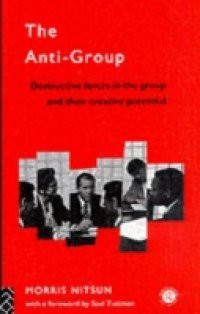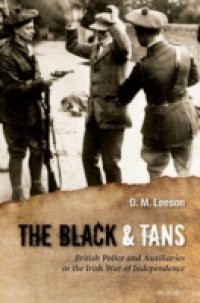Since the work of Edward Said first appeared, countless studies have shown the ways in which Western writers--sometimes unwittingly--participate in the oversimplified East/West dichotomy of Orientalism. Yet no study has considered how writers from the so-called Orient approach this idea. A wide-ranging survey of the vast and diverse world of Anglophone Arab literature, Immigrant Narratives examines the complex ways in which Arab emigres contend with, resist, and participate in the problems of Orientalism. Hassans account begins in the early twentieth century, as he considers the pioneering Lebanese American writers, Ameen Rihani and Kahlil Gibran. The formers seminal novel, The Book of Khalid sought to fuse Arabic and European literary traditions in search of a civilizational synthesis, whereas the latter found success by mixing Hindu, Christian, mystical, and English Romantic ideas into a popular spiritualism. Hassan then considers Arab immigrant life-writing, ranging from autobiographies by George Haddad and Abraham Rihbany to memoirs of exile by the Egyptian-born Leila Ahmed and Palestinian refugees like Fawaz Turki and Edward Said. Hassan considers issues of representation in looking to how Arab immigrant writers like Ramzi Salti and Rabih Alameddine use homosexuality to reflect on Arab typecasting. Ahdaf Soueifs fiction reflects her growing awareness of the politics of reception of Anglophone Arab women writers while Leila Aboulelas fiction, inspired by an immigrant Islamic perspective, depicts the predicament of the Muslim minority in Britain. Drawing upon postcolonial, translation, and minority discourse theory, Immigrant Narratives investigates how key writers have described their immigrant experiences, acting as mediators and interpreters between cultures, and how they have forged new identities in their adopted countries.
















